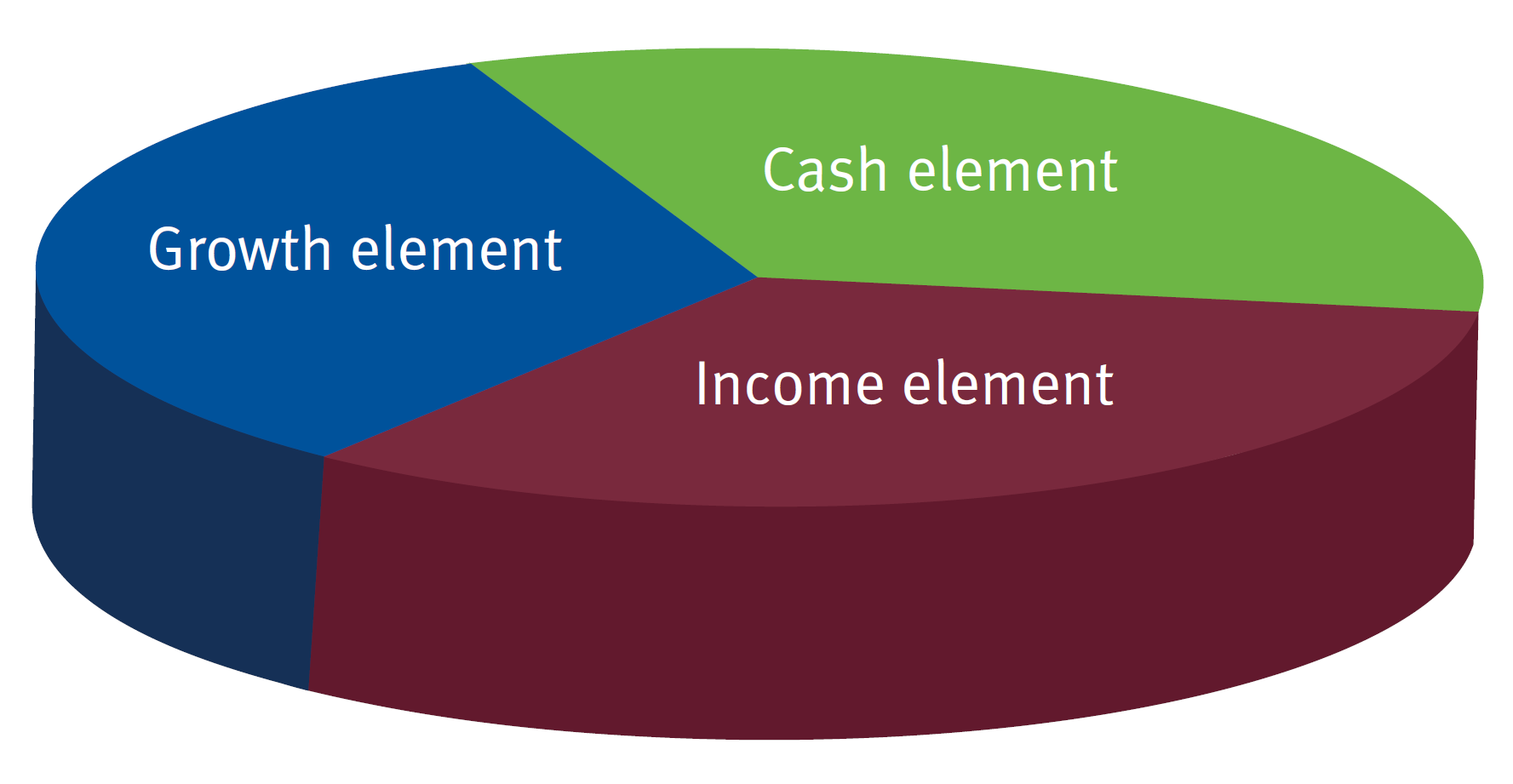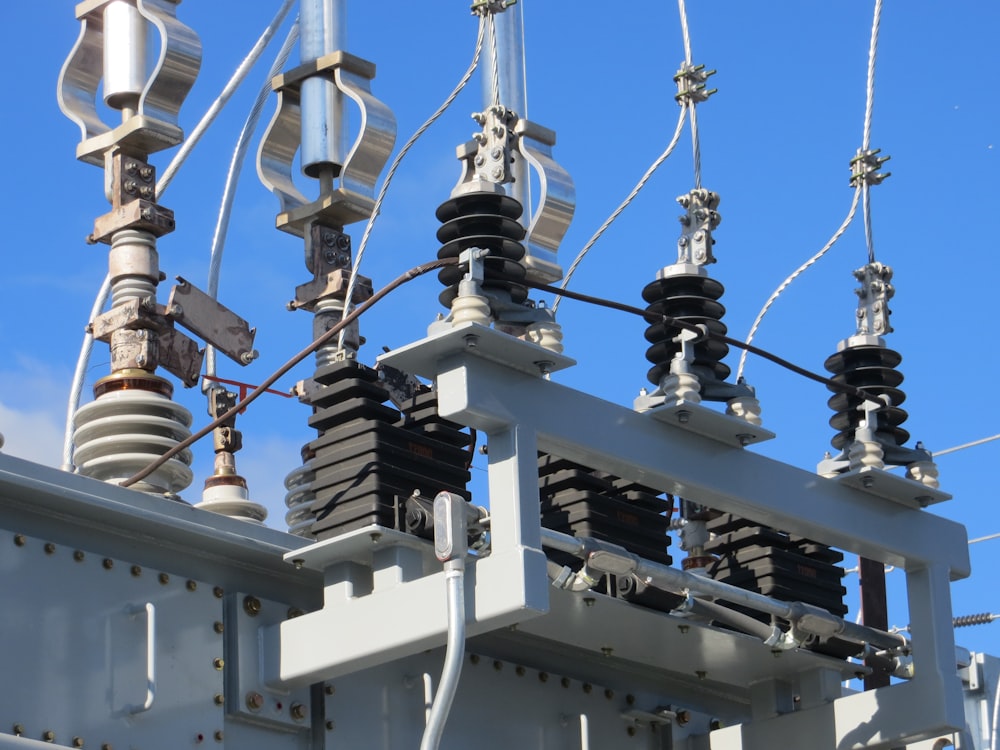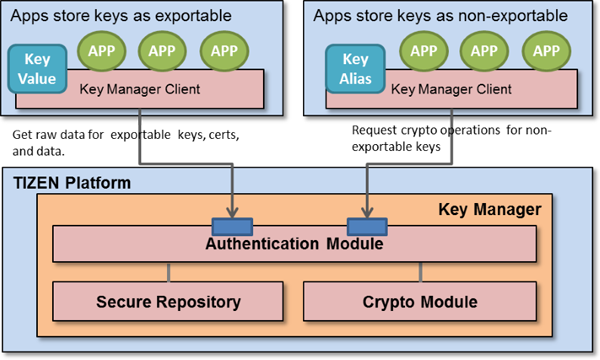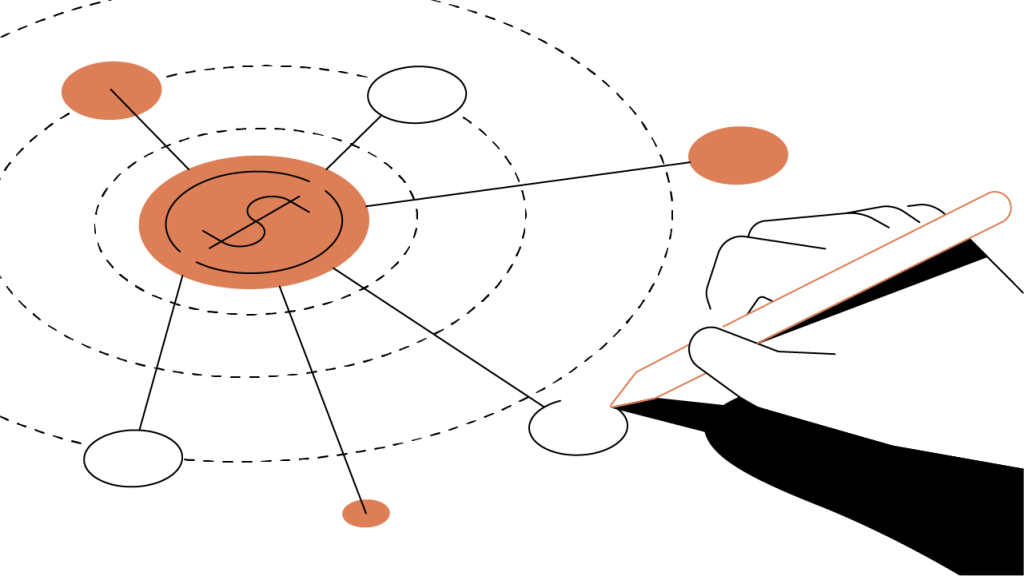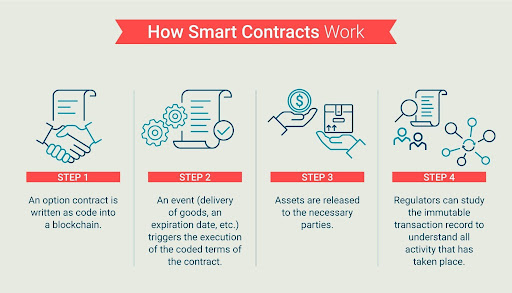
Smart Contract Audits: Ensuring Blockchain Code Security
Blockchain technology relies heavily on smart contracts to automate and execute various functions without the need for intermediaries. As the backbone of decentralized applications (DApps) and blockchain protocols, smart contracts demand meticulous scrutiny to ensure their security. This article delves into the significance of smart contract audits, the auditing process, and the critical role they play in maintaining the integrity of blockchain ecosystems.
Importance of Smart Contract Audits
Smart contracts, written in code, are susceptible to vulnerabilities that could lead to serious consequences, including financial losses and exploitation. The importance of smart contract audits lies in identifying and mitigating these vulnerabilities before deployment. Audits serve as a proactive measure to enhance the security, reliability, and trustworthiness of smart contracts.
Identifying Vulnerabilities and Risks
Smart contract audits involve a comprehensive review of the code to identify potential vulnerabilities and risks. Common issues include coding errors, logical flaws, and vulnerabilities that could be exploited by malicious actors. By conducting thorough audits, developers can uncover and rectify these issues, ensuring the robustness of the smart contract.
Explore the significance and process of Smart Contract Audits in maintaining blockchain code security.
Third-Party Audit Firms
To achieve an unbiased and objective evaluation, many blockchain projects opt for third-party audit firms. These firms specialize in smart contract audits, employing expert blockchain developers and security professionals. The involvement of independent auditors adds credibility to the audit process, as their primary focus is on identifying and addressing potential security risks.
Audit Process Overview
The smart contract audit process typically involves a series of steps. Auditors begin by reviewing the codebase, analyzing the logic and functionality of the smart contract. They assess the contract against industry best practices and standards, ensuring compliance and adherence to security guidelines. Additionally, auditors may simulate potential attack scenarios to gauge the contract’s resilience.
Code Optimization and Best Practices
Beyond identifying vulnerabilities, smart contract audits provide an opportunity for code optimization and adherence to best practices. Auditors may suggest improvements to enhance efficiency, reduce gas costs, and streamline the execution of functions. This optimization ensures that the smart contract not only meets security standards but also operates with optimal performance.
Enhancing Transparency and Trust
Smart contract audits contribute to the transparency of blockchain projects, instilling trust among users and stakeholders. By undergoing a rigorous audit process and addressing identified vulnerabilities, projects demonstrate their commitment to security and user protection. This transparency is crucial for attracting users, investors, and partners in the competitive blockchain space.
Continuous Monitoring and Updates
The dynamic nature of the blockchain ecosystem requires continuous monitoring and updates. Smart contract audits are not a one-time process; they should be integrated into the development lifecycle. Regular audits help address evolving security threats, implement improvements, and ensure that the smart contract remains secure in the face of emerging challenges.
Smart Contract Audits are paramount for ensuring the security and integrity of blockchain code. Explore further insights on itcertswin.com.
Conclusion: Fortifying the Foundation of Blockchain
Smart contract audits stand as a critical pillar in fortifying the foundation of blockchain ecosystems. By proactively addressing vulnerabilities and ensuring compliance with security standards, audits play a pivotal role in fostering trust and confidence in blockchain projects. As the blockchain space continues to evolve, the emphasis on smart contract security remains an essential aspect of building a resilient and secure decentralized future.





